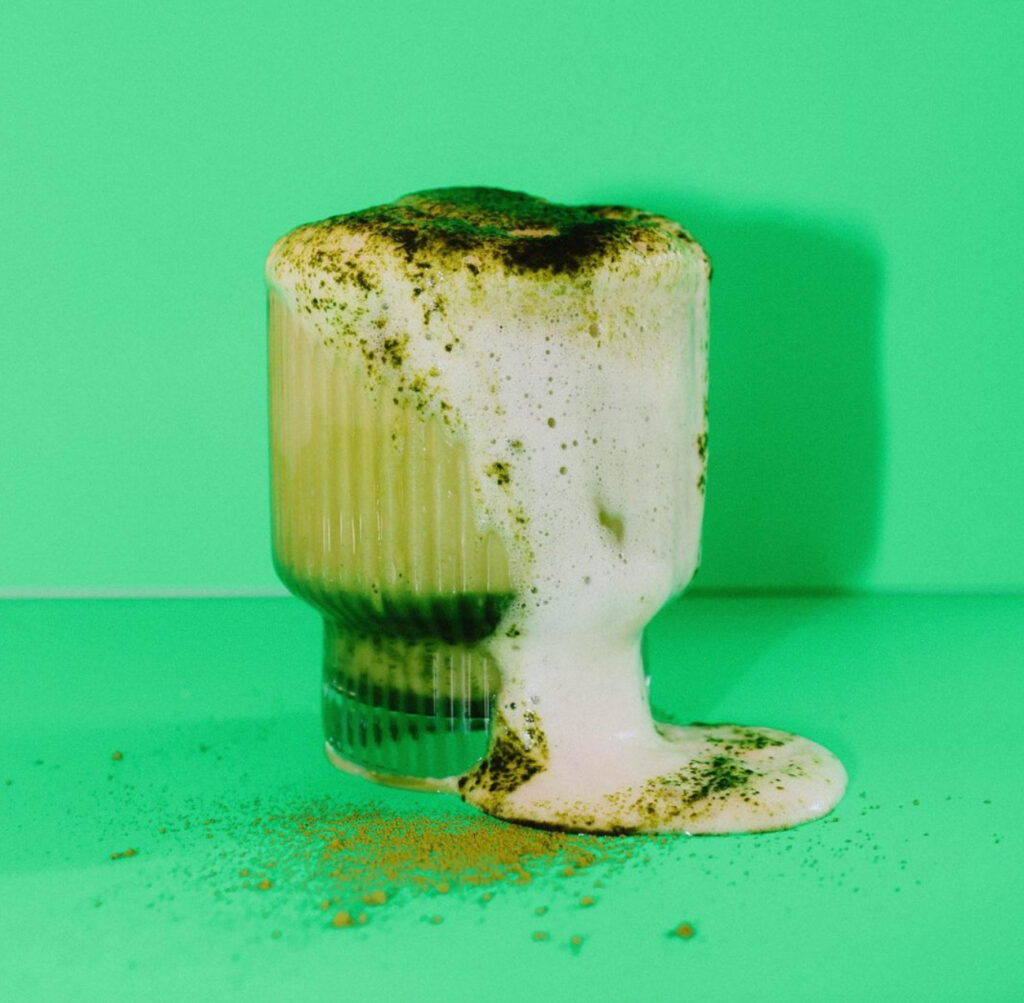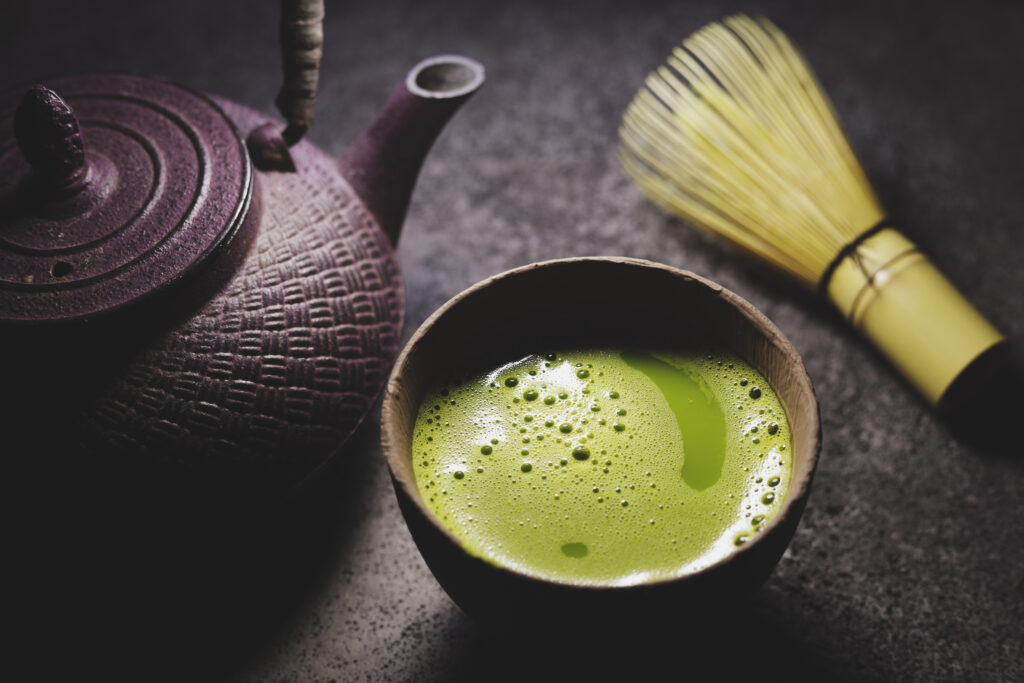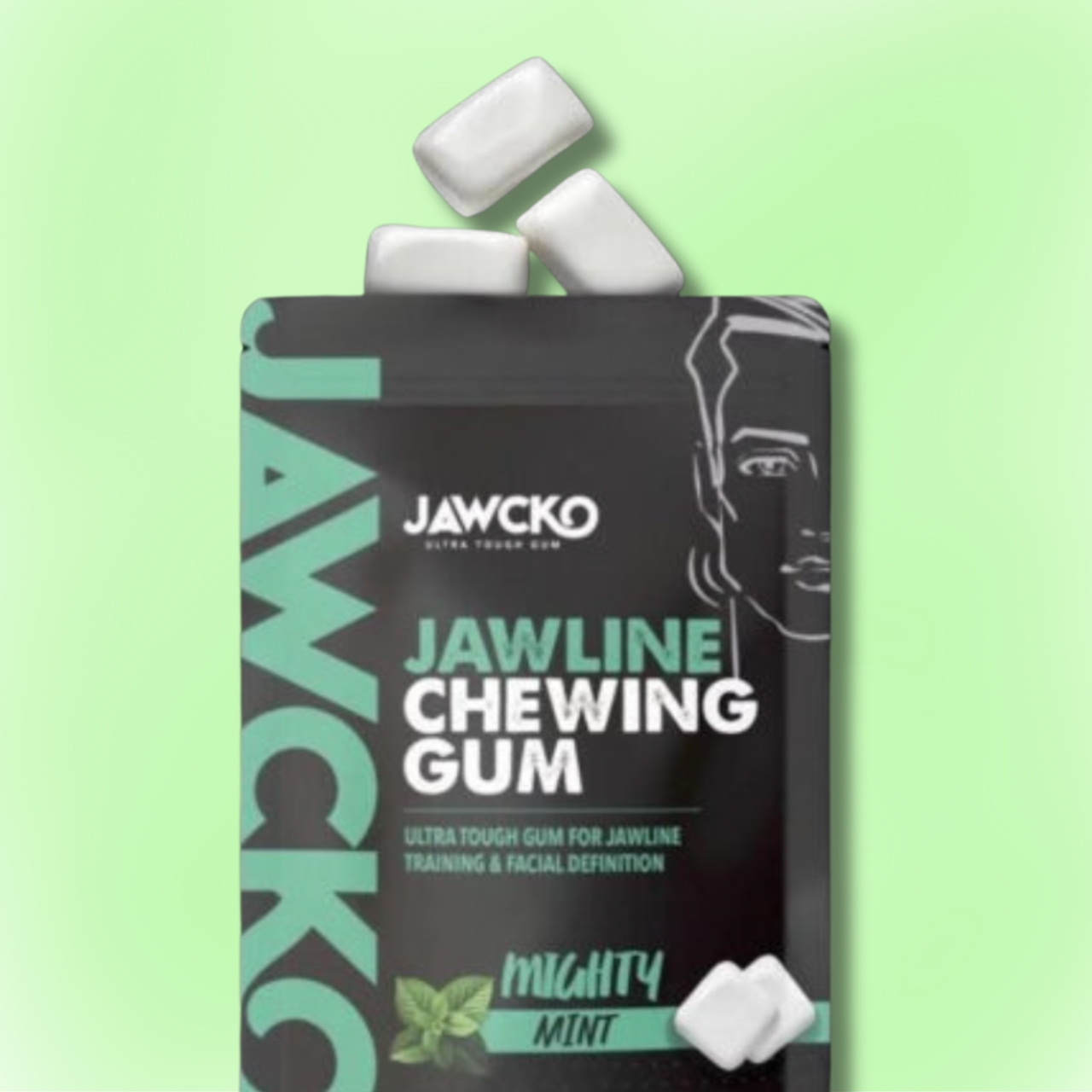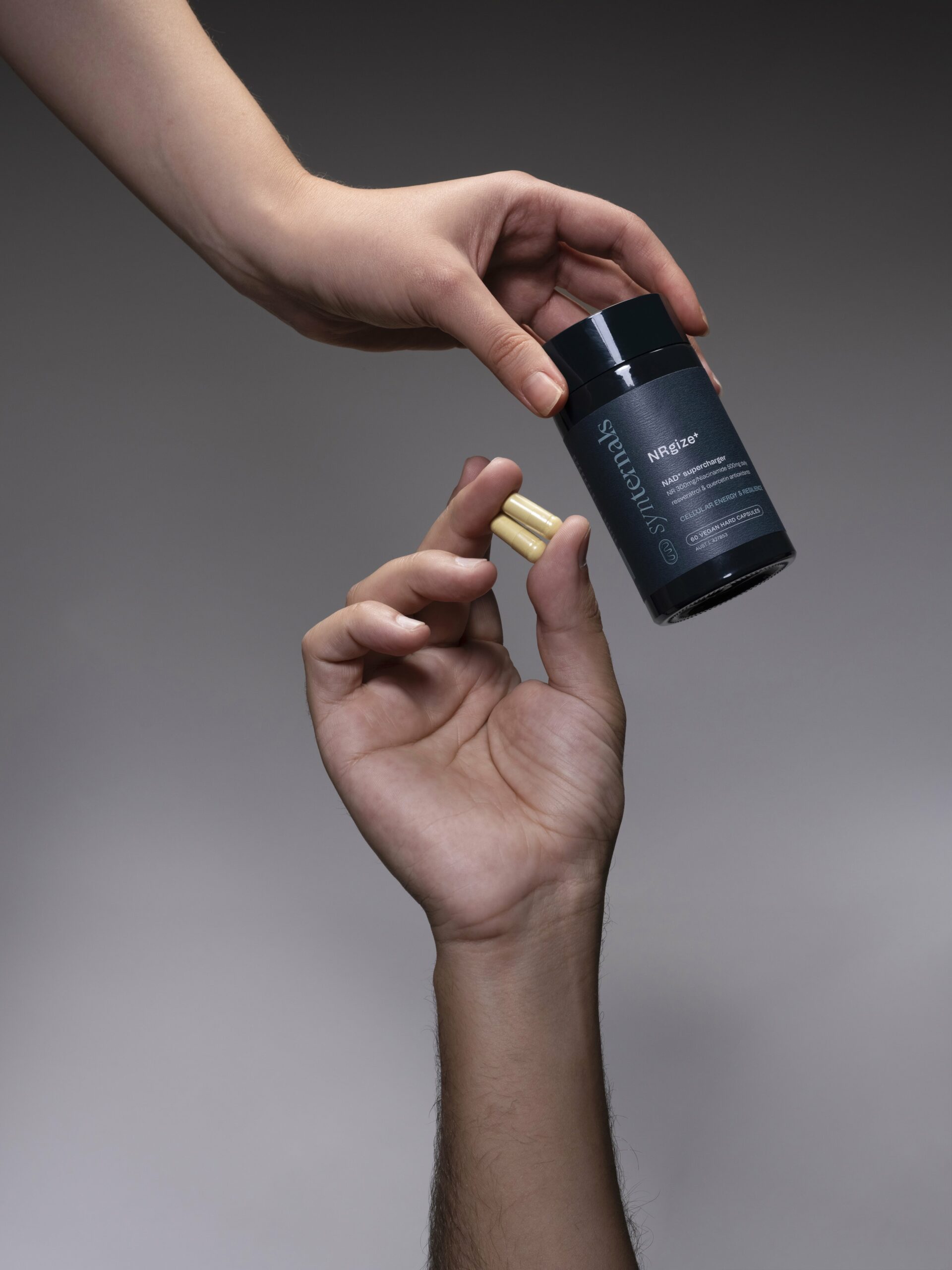Matcha or coffee? We help you settle the debate
The matcha craze is shifting Australia’s coffee culture, but is all the hype just a storm in a tea cup? We break down the pros and cons so you can decide.

AUSTRALIANS PRIDE THEMSELVES on their coffee, and for good reason. Australian coffee is world-renowned, with our reputation for high-quality speciality coffee extending beyond our borders as expats have begun setting up shop overseas. Indeed, so deeply embedded is the nation’s coffee culture that consuming the beverage is an immutable aspect of many people’s daily routines. Days begin at the café, friendships are forged over a cup of coffee and business deals are settled with the chink of an espresso. So, for another beverage to disrupt that pattern, you know it must be legit.
Matcha is one such disruptive force. Going from a novelty drink you’d only order to freak out your friends to a fixture on café menus across the country, matcha is beginning to replace the morning coffee of thousands of Australians and forcing baristas to upskill. But it’s not just an alternative to coffee; matcha has also worked its way into the recipes for cookies, bagels, frappés, chocolate and pancakes.
Everyone seems to know someone who’s bought into the matcha craze, often spouting the apparently clear-as-day benefits of the substance and suggesting you’re crazy for not already being on board. And while it’s easy to assume that matcha comes from the same strand of pseudoscientific health fads which suggest that anything green must be good, the antecedents of matcha are reputable, dating back millennia with origins in China.
So, should you ditch your coffee for matcha? We’ve rounded up all the necessary details, so you can decide for yourself.
What is matcha?
Considering that it lends itself to a variety of foods that come in all shapes and sizes, you’re likely curious about what exactly matcha is and how it can be consumed in solid or liquid form. Matcha is a grounded powder made from green tea leaves that are specially grown, cultivated and processed for the specific purpose of becoming matcha—not just any old green tea leaves will do.
The tea leaves used for matcha are shaded from sunlight to enhance their chlorophyll content, hence the powder’s vibrant green colour. Matcha comes in different varieties, with some boasting a distinctive earthy flavour and others a more robust, sweet taste. The spectrum of matcha flavours means there’s something for even the most sceptical and discerning of coffee aficionados.
What does matcha do to you?
Matcha is basically a superfood—or super powder, we’re not quite sure of the lingo here—and apart from its taste, its myriad health benefits are what’s driving the surge in popularity. Matcha has a natural plant substance known as catechins in abundance. Catechins are an antioxidant, meaning that with every sip, matcha delivers a potent dose of metabolism-boosting, illness-fighting vitamins and minerals that can also protect you from chronic diseases.
In addition to its high antioxidant count, matcha has also been shown to improve brain function. Similar to coffee, matcha contains caffeine, albeit in lower doses. Coffee has long been praised for its proven ability to increase energy and alertness, but these feelings are often followed by a crash. That’s not an issue with matcha—at least to a lesser extent—because it contains a compound called L-Theanine which reduces the wearing off or ‘come down’ effects.
Some of the more outlandish claims about matcha state that it has weight loss and cancer preventing benefits. While it has been linked to both, studies on the subject are too limited at this stage. One study on matcha’s potential to act as a weight loss supplement found that, while the substance could initially promote small amounts of weight loss, it ultimately had “no significant effect on the maintenance of weight loss.” So don’t go swapping out a balanced diet for a daily matcha latte just yet.
Are there any negative effects of matcha?
So far, matcha almost sounds too good to be true. But it’s worth noting that it isn’t all antioxidant sunshine and weight loss inducing rainbows. Matcha’s antioxidant richness ultimately comes back to bite it, as it also contains high levels of an antioxidant called quercetin. While quercetin is celebrated for its anti-inflammatory properties, too much of it can interfere with the body’s ability to properly process medication.
The other, more obvious drawback to matcha is its price. Matcha is typically more expensive than regular coffee, and if you get a taste for it, premium-grade matcha can very quickly burn a hole in your pocket.
How much caffeine is in matcha?
Matcha contains less caffeine than coffee. A 250ml mug of matcha contains around 60-70mg of caffeine, which is still a fair amount, but not as much as the 105-110mg a cup of coffee of the same size contains. It’s also worth noting that while matcha contains enough caffeine to give you a boost, due to the presence of L Theanine, it won’t result in as heavy a crash as coffee does.
Is matcha better than coffee?
That depends on what you value. If you want a caffeine hit, plus an antioxidant boost, without the crash, matcha is undoubtedly superior. If a caffeine maximisation approach is more your speed, coffee is unbeatable. Ultimately, whether you opt for coffee or matcha will likely come down to taste and price, as the benefits of matcha are not so noteworthy that it’s worth consuming even if you find the taste repugnant. Plus, it’s not like coffee is unhealthy either. There’s a reason why Australia developed such a deeply ingrained coffee culture, and it’s not because drinking it is a guilty pleasure.

Related:




















